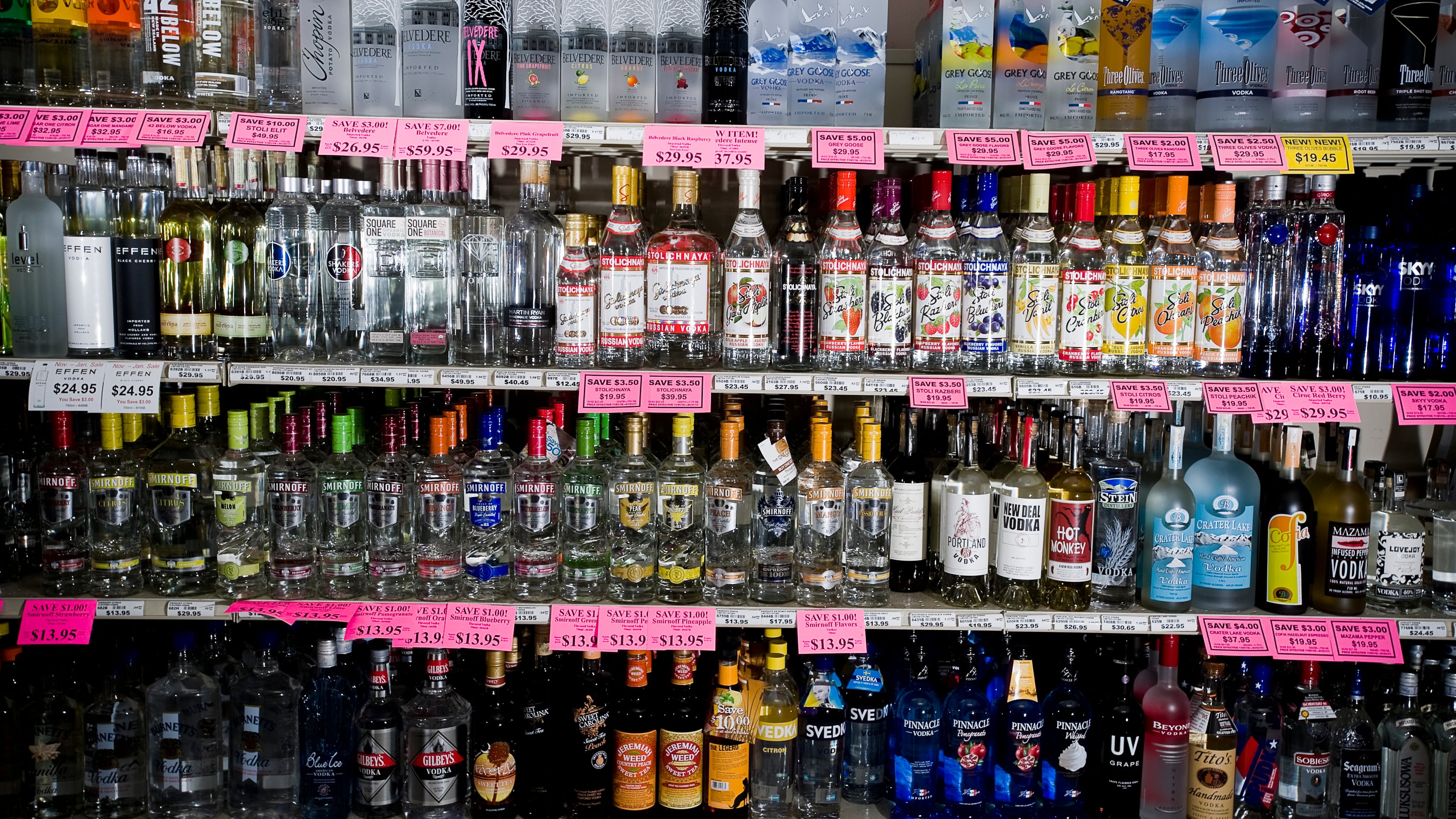Two men filed ballot initiatives today for 2026 and 2028 that would allow grocers to sell hard liquor.
It is unclear who the chief petitioners, David John Allison and Kyle LoCascio, both of Portland, represent. Neither immediately responded to phone calls.
With small exceptions, the right to sell hard liquor at the retail level currently belongs exclusively to the Oregon Liquor and Cannabis Commission.
Grocers, who earn thin margins on the sale of perishable food items, have long sought to sell hard liquor alongside the beer and wine they already offer.
The Northwest Grocery Retail Association pushed a partial privatization measure this legislative session, House Bill 3730, which would allow them to sell cocktails in a can, a fast-growing product that combines mixers with a hard liquor base.
Since Washington voters privatized liquor sales in 2011, the association tried three times to mirror that change in Oregon and flirted with it again in 2024.
But Amanda Dalton, the association’s CEO, says her group is not behind today’s filing.
“We, like the rest of the public, learned this afternoon about the filing of Initiative Petitions 43 and 19—the Customer Choice and Convenience Acts of 2026 and 2028," Dalton says.
“Giving Oregonians the choice and consumer convenience of shopping for all liquor products at their neighborhood grocery store continues to be a priority for NWGRA, and we commend the citizens behind these initiatives for working to bring the issue before voters.”
John DiLorenzo, a Portland lawyer and lobbyist who previously worked on such measures, says he’s not involved, either.
In the newly filed initiatives, the chief petitioners took aim at one of the many public policy questions that surround privatization: What happens to the money the OLCC generates from liquor sales? (Liquor revenues are currently split between the state’s general fund and local governments.)
The initiatives say proponents “will ensure those dedicated revenues remain constant and do not decrease with expanded retail sales options.”
Danelle Romain, who has successfully battled such initiatives as the executive director of the Oregon Beer and Wine Distributors Association in the past, says she’s confident that no matter who is behind the measure, the result will be the same.
“Oregonians have made it clear multiple times that they’re not interested in liquor privatization, a system that’s been a disaster for consumers, local producers and small businesses in Washington state,” Romain says.
This story was produced by the Oregon Journalism Project, a nonprofit newsroom covering the state.
